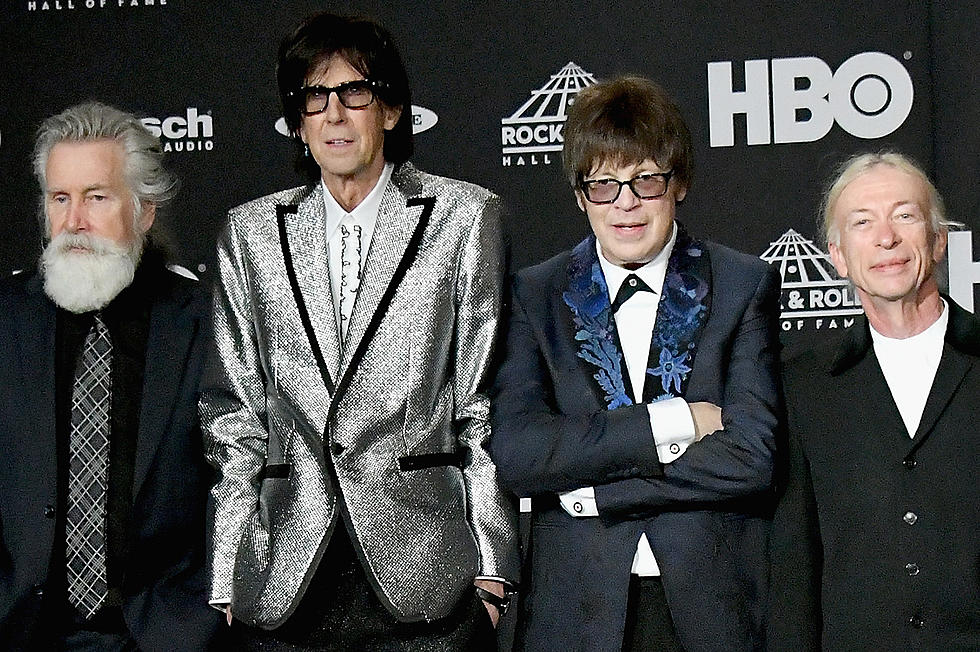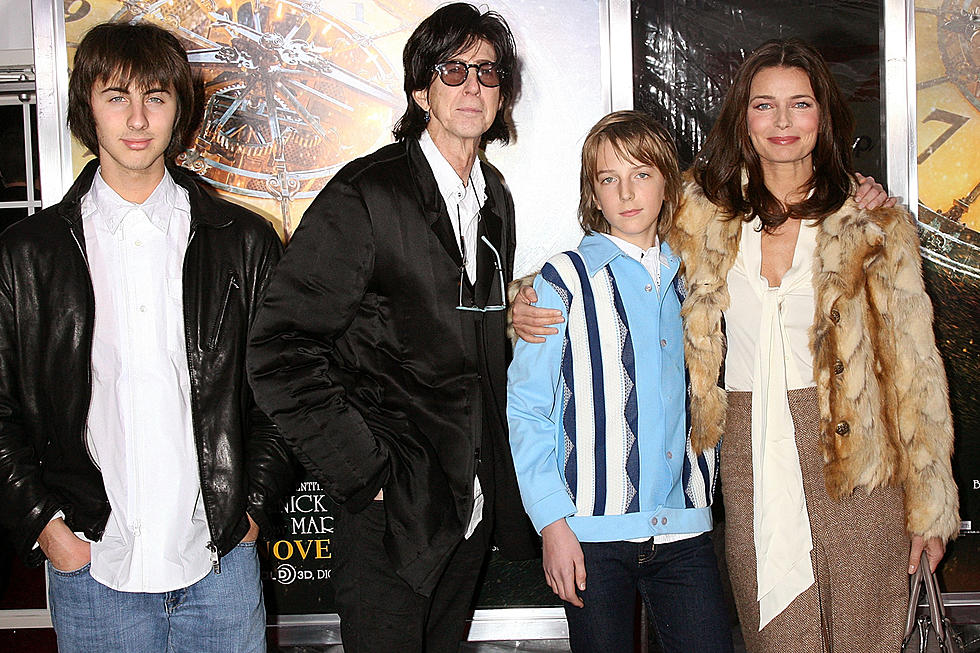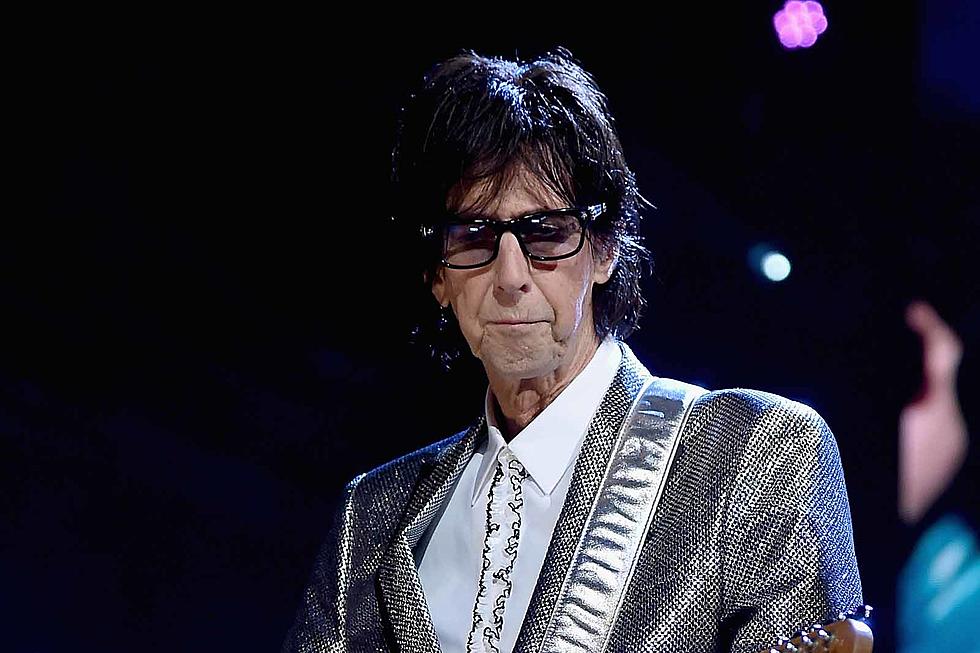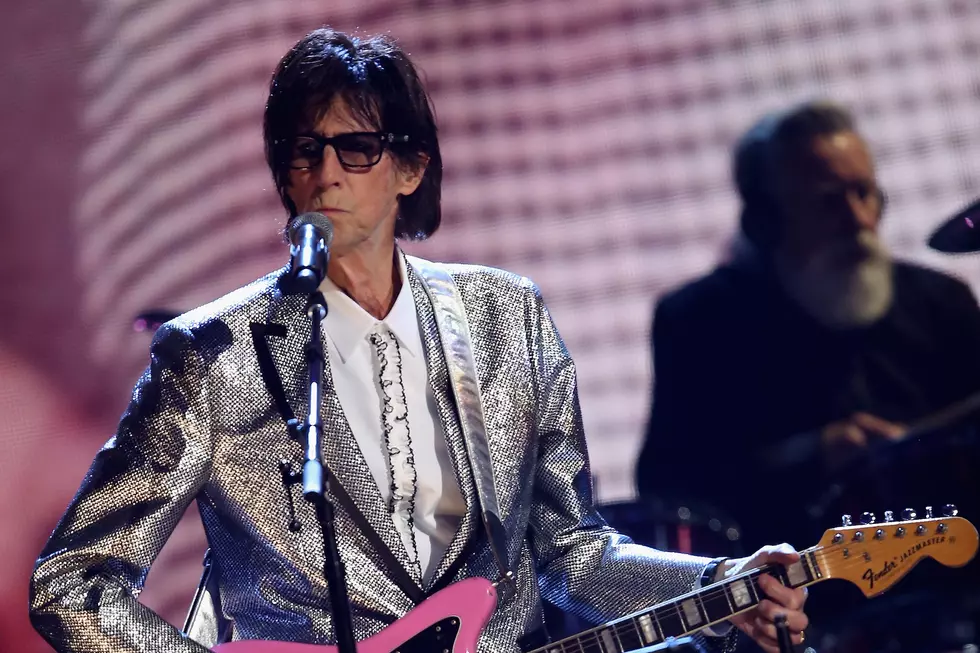
How the Cars Pushed Back With Their Third Album, ‘Panorama’
Commercial success came quickly for the Cars, whose hugely popular debut LP was still on the charts when they released the follow-up, 1979's Candy-O. Consistent admiration from the critics, however, was harder to come by.
In fact, while Candy-O enjoyed platinum sales and a Top Five chart peak — and spun off the hit single "Let's Go" — the band had to endure a few critical barbs along the way from writers who felt the album wasn't quite on par with their debut. When they returned on Aug. 15, 1980, with their third effort, Panorama, they'd developed something of a chip on their shoulder against accusations that they were a passionless pop band guilty of producing cold, synth-dependent New Wave music. As frontman Ric Ocasek explained to Rolling Stone, the members of the group were left with emotional whiplash.
"We had abruptly moved from a point in our career of being told, 'You're worthless,' to, 'You're everything,'" Ocasek recalled. "So it wasn't coldness so much as cold anger: we were angry at the people who had failed to understand us before, and angry over what they suddenly expected from us."
That anger didn't soon subside after Panorama arrived. Although it was another platinum Top 5 success, and added another Top 40 single to the band's growing collection with "Touch and Go," the album left the overall impression that the Cars were struggling to regain the momentum they'd built with their debut — and forsaking the rock component of their sound for more experimental, synth-driven diversions.
Watch the Cars' Video for 'Touch and Go'
"I think it's perfectly valid to incorporate new forms of technology into music," keyboard player Greg Hawkes argued to Rolling Stone. "I think of the Cars as an alternative band — an alternative to the stock rock and pop that still dominate radio. We're definitely not a tradition-based band. As far as I'm concerned, there's no reason to stick with any rock & roll traditions. What's the point? Traditions exist so we can go beyond them."
Confronted with the lukewarm critical response to Panorama, Hawkes shrugged. "So, who knows: Maybe as we go more and more beyond traditions, our audience will get smaller and smaller. But probably not."
Of course, as we know now, that definitely wasn't the case for the Cars — starting with 1981's Shake It Up, they rode out the '80s as one of the biggest bands of the decade, fine-tuning that balance between rock traditions and "alternative" pop sounds with a run of huge hit records that peaked with 1984's Heartbeat City. In retrospect, the growing pains they seemed to be suffering with Panorama were just part of a tune-up for the main event.
"It seems stupid that after two years you finally feel like you’re doing it the right way. But there’s so many people that get in the way. The public will never know that everything was f---ed up two years ago," said drummer David Robinson during an interview just before Panorama was released. "We finally organized it completely. ... Now there’s nobody in our way. Anything we do now is totally representing us."
See the Cars Among Rock's Sexiest Album Covers
More From Ultimate Classic Rock









